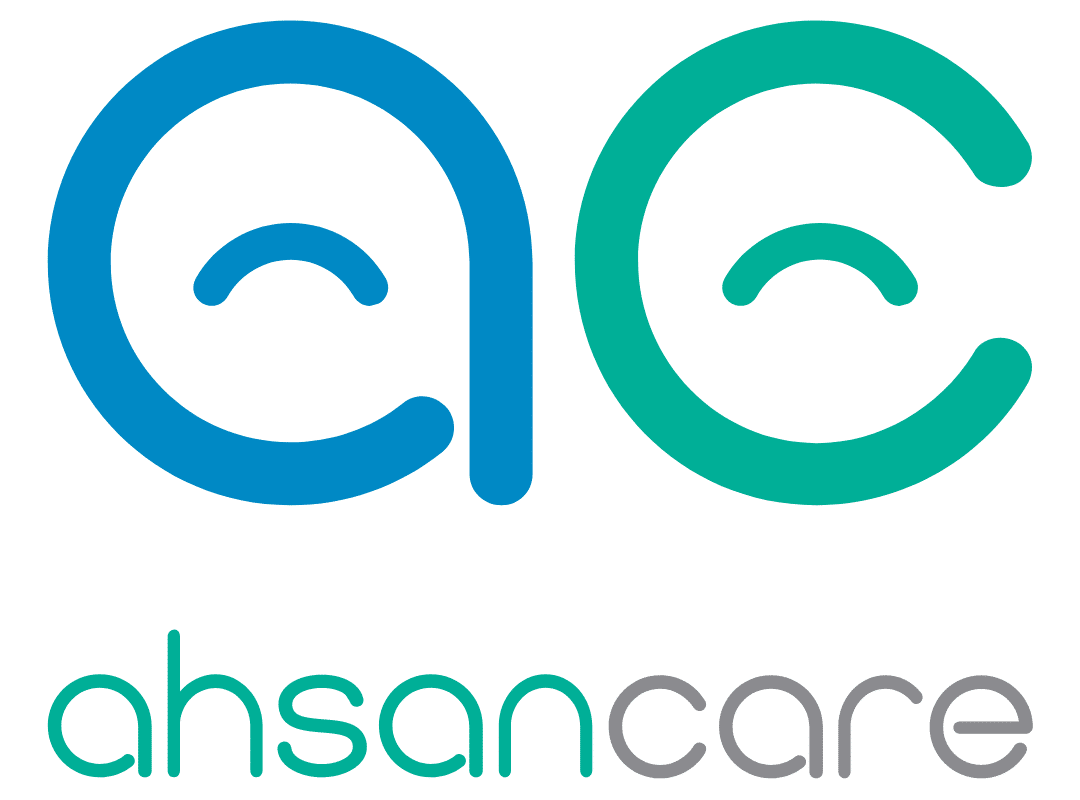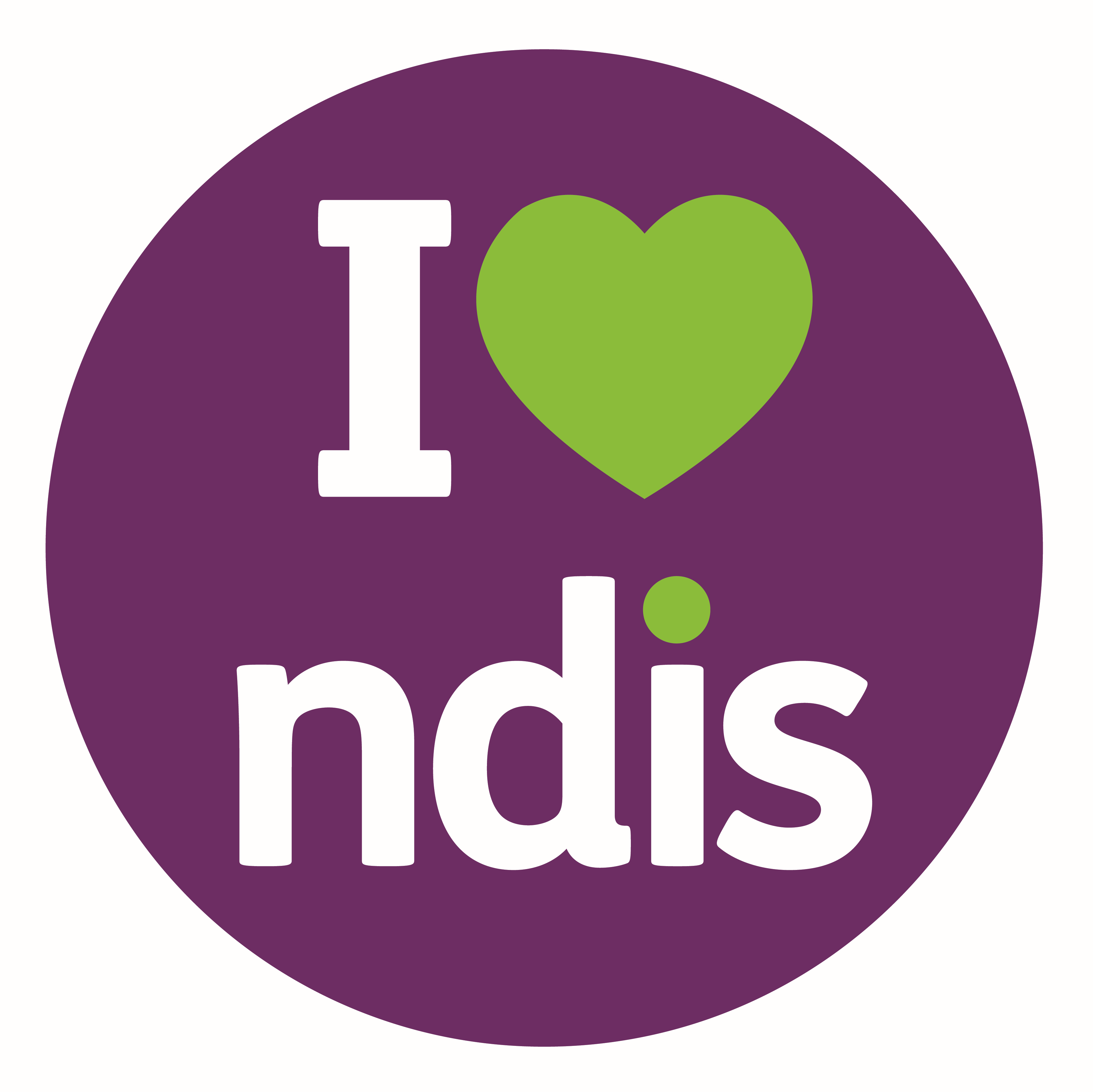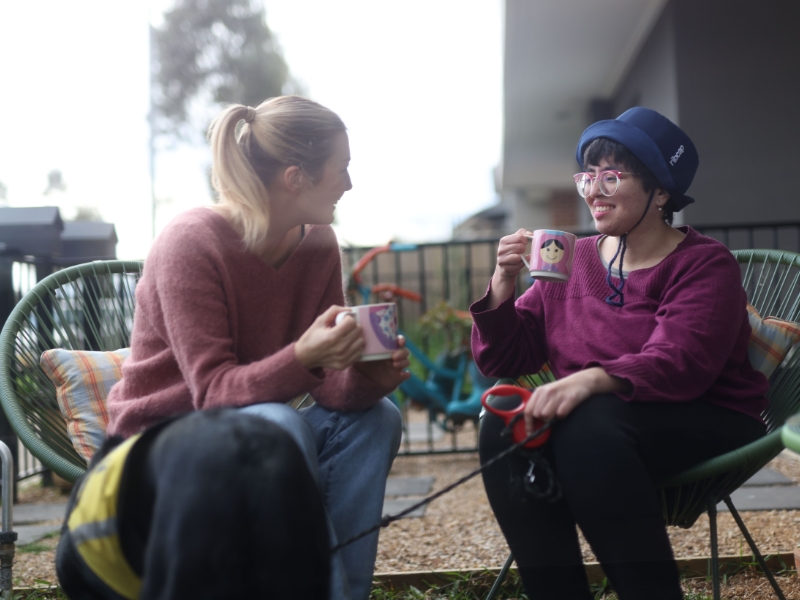Accessibility is not just about ramps or wider doorways; it’s about creating environments that empower people with disabilities to live independently. For those living with a disability, accessibility can mean the difference between relying on others for support and achieving independence in daily living. It enhances their quality of life, promotes greater societal engagement, and helps them participate more fully in activities. This article will explore why accessibility is crucial for disability and independent living, focusing on its impact on NDIS accommodation, community access, and goal achievement.
How can accessibility improve daily living for individuals with disabilities?
Accessibility plays a key role in making daily life easier and more manageable for individuals with disabilities, promoting independent living. It helps people perform everyday tasks independently, without unnecessary challenges.
- Ease of Mobility: Features like ramps, wide doors, and accessible seating help people with mobility impairments complete tasks like cooking, cleaning, and self-care with less assistance.
- Increased Safety: Grab rails, lowered counters, and non-slip flooring prevent accidents and injuries, particularly for those with mobility or balance issues.
- Improved Comfort and Convenience: Adjustable lighting, easy-to-reach shelves, and modified bathrooms create a functional, comfortable space for focusing on daily tasks.
What role does accessibility play in NDIS accommodation support?
Accessibility is fundamental in the context of NDIS accommodation support, as it enables individuals to live in homes that are both comfortable and suited to their needs, supporting disability and independent living. For those seeking long-term, independent housing solutions, accessibility ensures they can enjoy a dignified, autonomous lifestyle. The key aspects of accessible NDIS accommodation support include:
- Customised housing solutions: Tailored accommodation with wheelchair access, lifts, and space for mobility aids.
- Short-term accommodation: Temporary housing offers comfort and respite for carers and promotes social inclusion.
- Safety features: Built-in safety features like easy-to-use fire alarms, medical alerts, and secure access.
- Personalised modifications: Home modifications such as ramps, wider doorways, or bathroom alterations for people with complex needs.
How Can Accessible Housing Promote Independent Living?
Accessible housing can transform independent living. It allows individuals with disabilities to manage their daily lives with minimal assistance and live on their terms.
- Freedom of movement: With appropriate modifications, individuals can navigate their homes independently, promoting autonomy.
- Space for independence: Accessible housing features layouts that allow individuals to perform daily tasks like cooking and cleaning without assistance.
- Privacy and control: Accessible homes provide designs that respect personal needs, including adapted bedrooms, bathrooms, and living areas.
- Long-term security: Accessible housing ensures individuals feel secure, with spaces that adapt to changing conditions, supporting independence.
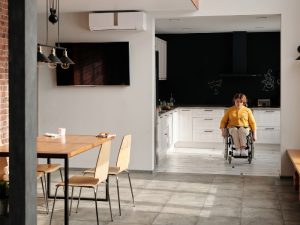
Why is community access important for disability and independent living?
Community access is crucial for people with disabilities to engage socially, form relationships, and live fulfilling lives. Accessibility ensures public spaces, services, and transport are available to all, regardless of ability. Key aspects include:
- Participation in social activities: Accessible spaces allow people with disabilities to attend social events, visit loved ones, and engage in activities.
- Increased social interaction: Access to community spaces fosters meaningful connections, reducing isolation and enhancing quality of life with NDIS.
- Access to Work and Education: Accessibility allows individuals to access workplaces, schools, and community facilities, supporting career and academic goals.
- Public Transport Options: Accessible transport options like buses, trains, and trams with low floors and ramps ease travel for people with disabilities.
How does accessibility support goal achievement for people with disabilities?
Accessibility is key to helping individuals with disabilities achieve their personal goals, whether related to daily living, work, education, or personal development.
- Improved independence: Accessibility removes barriers, enabling individuals to manage tasks and health and achieve personal milestones with greater confidence.
- Increased confidence: With accessible environments, individuals are more likely to pursue new opportunities like employment or training.
- Access to resources: Accessible housing and spaces offer vital resources such as support services, technology for a more accessible life, and equipment to help individuals meet their goals.
- Personalised support: Tailored environments provide the necessary tools for minimal assistance, empowering individuals to achieve their goals effectively.
What are the key features of accessible tenancy support?
Tenancy support ensures that individuals with disabilities can live independently while having the right resources in place to manage their living arrangements.
- Housing advocacy: Tenancy support helps people with disabilities negotiate housing conditions and address issues with landlords or property managers.
- Accessibility modifications: Support includes advice on making necessary modifications to rental properties, such as installing grab rails or widening doorways.
- Ongoing assistance: Tenancy support provides regular check-ins to ensure housing remains suitable and accessible as the individual’s needs evolve.
- Legal and financial support: Accessible tenancy support can help individuals understand the rights and obligations of a person with a disability, including how to handle rental agreements, finances, and legal matters.
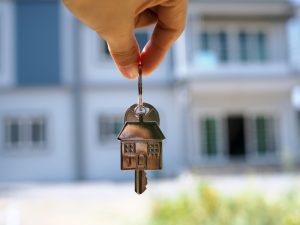
How can accessibility help manage daily activities more effectively?
Accessibility allows people with disabilities to manage their daily activities more efficiently and less rely on external help. This leads to greater independence and a sense of accomplishment.
- Customised support: Accessible environments enable individuals to personalise their spaces, making daily tasks simpler.
- Better time management: With fewer obstacles, individuals can complete tasks faster, freeing up time for leisure. Removing tree stumps from your yard can improve safety and accessibility, reducing outdoor hazards and making it easier to navigate the space independently.
- Enhanced focus: Clutter-free spaces allow individuals to concentrate on essential activities, such as work or personal projects.
- Improved mental health: Effectively managing tasks boosts self-esteem, reduces frustration, and enhances mental well-being, fostering a sense of accomplishment.
What long-term benefits does accessibility provide for disability and independent living?
Accessibility offers numerous long-term benefits for individuals with disabilities, enhancing both their quality of life and overall well-being.
- Sustained independence: Accessible environments help people with disabilities maintain independence as they age or their condition evolves.
- Better health outcomes: Accessible housing promotes mobility, safety, and access to essential services, contributing to better physical and mental health.
- Increased social inclusion: accessible spaces enable individuals with disabilities to engage with their communities, fostering a greater sense of belonging.
The importance of accessibility in independent living
In summary, Accessibility empowers people with disabilities by improving their daily living through enhanced mobility, safety, and comfort, enabling greater independence. Whether through NDIS accommodation support, accessible housing, or community access, accessibility plays a critical role in helping individuals manage daily activities, reach their goals, and live on their terms.
At Ahsan Care Provider, we are committed to helping individuals with disabilities achieve their fullest potential. Through our NDIS services, we provide tailored support to ensure that accessibility is not just a concept but a reality. Whether it’s assistance with daily living, accessible housing, or tenancy support, we prioritise your independence and well-being. Reach out to Ahsan Care Provider today to discover how we can help you live your best life with personalised care and support.
